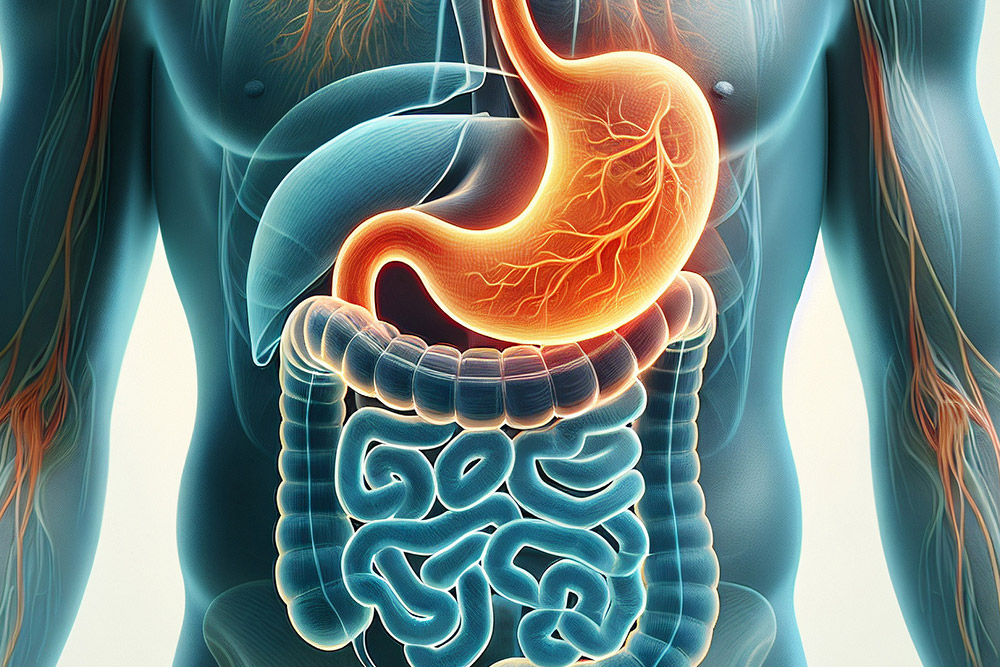Expert Treatment for Infectious Colitis by Dr. Bharat Pothuri
Dr. Pothuri uses a step-by-step approach:
Medical History and Exam
He asks about the onset, duration and pattern of your epigastric pain, diarrhea or bleeding. He reviews recent travel, antibiotic use, food exposures and any immune-compromising conditions. A focused abdominal exam checks for tenderness, guarding or distention.
Blood Tests
Routine labs include a complete blood count to look for elevated white cells, CRP/ESR for inflammation, and basic metabolic panel to assess hydration and electrolytes. He may also order liver function tests to rule out hepatobiliary causes.
Imaging Studies
- Abdominal CT scan evaluates colonic wall thickening, inflammation and potential complications like abscess or perforation.
- Ultrasound can be used in select patients to exclude gallbladder or pancreatic disease contributing to epigastric pain.
Advanced Testing (if needed)
If the cause remains unclear or symptoms are severe, Dr. Pothuri will perform a flexible sigmoidoscopy or colonoscopy with targeted biopsies. He also orders stool studies-culture, C. difficile toxin assay or a multiplex PCR panel-to identify specific pathogens and guide therapy.

Frequently Asked Questions
What causes infectious colitis?
It is caused by infections from bacteria, viruses, or parasites that inflame the colon.
What are common symptoms of infectious colitis?
Symptoms include diarrhea, abdominal pain, fever, nausea, and sometimes blood in stools.
How is infectious colitis diagnosed?
Your doctor may order stool tests, blood tests, and a colonoscopy to identify the infection.
How is infectious colitis treated?
Treatment depends on the cause but may include antibiotics, hydration, and supportive care.
Can infectious colitis be prevented?
Good hygiene, safe food handling, and clean water reduce the risk of infection.
When should I see a doctor?
If you have severe diarrhea, dehydration, fever, or blood in stools, seek medical care promptly.
Can infectious colitis cause long-term problems?
Most cases resolve with treatment, but severe infections may cause complications if untreated.












